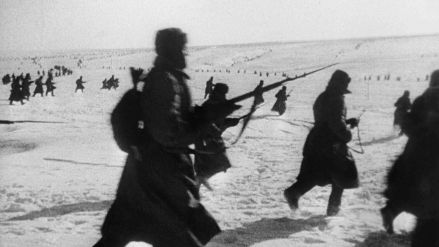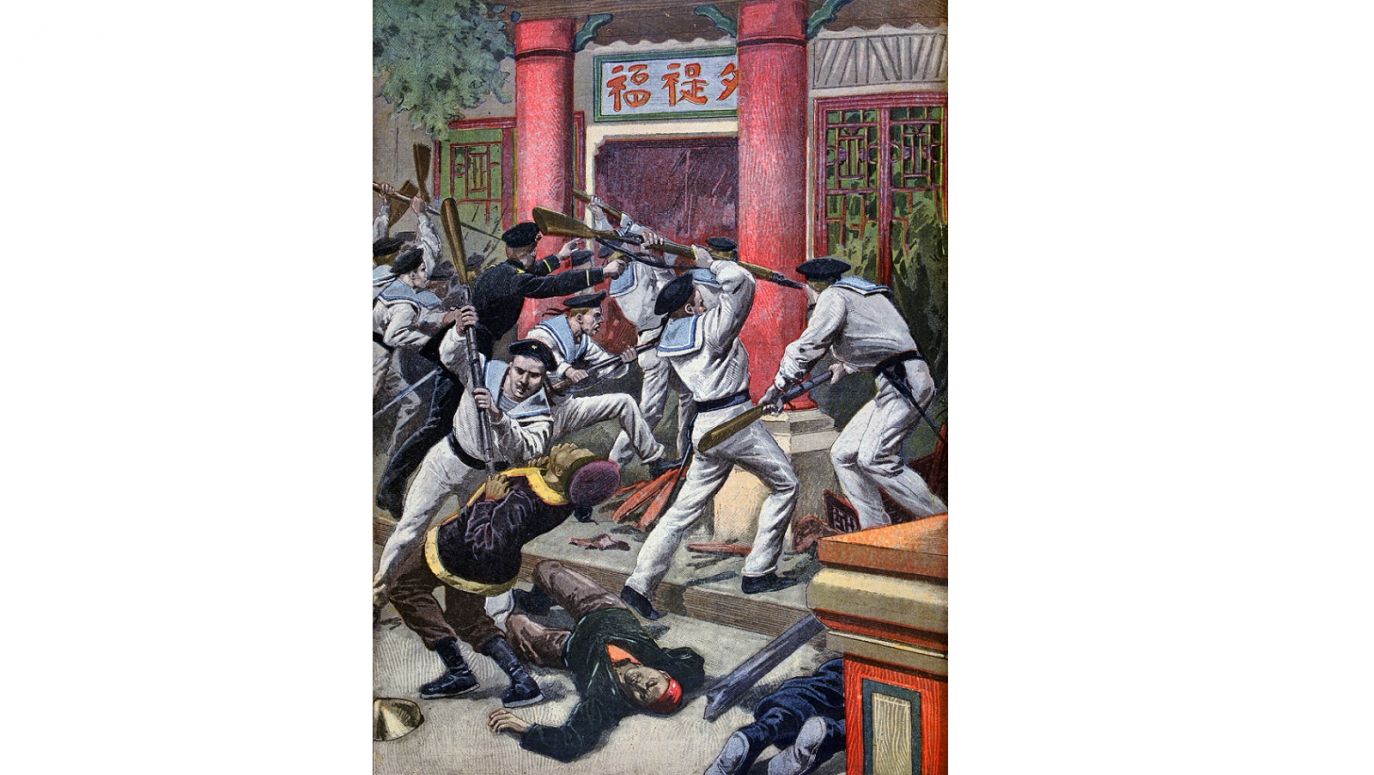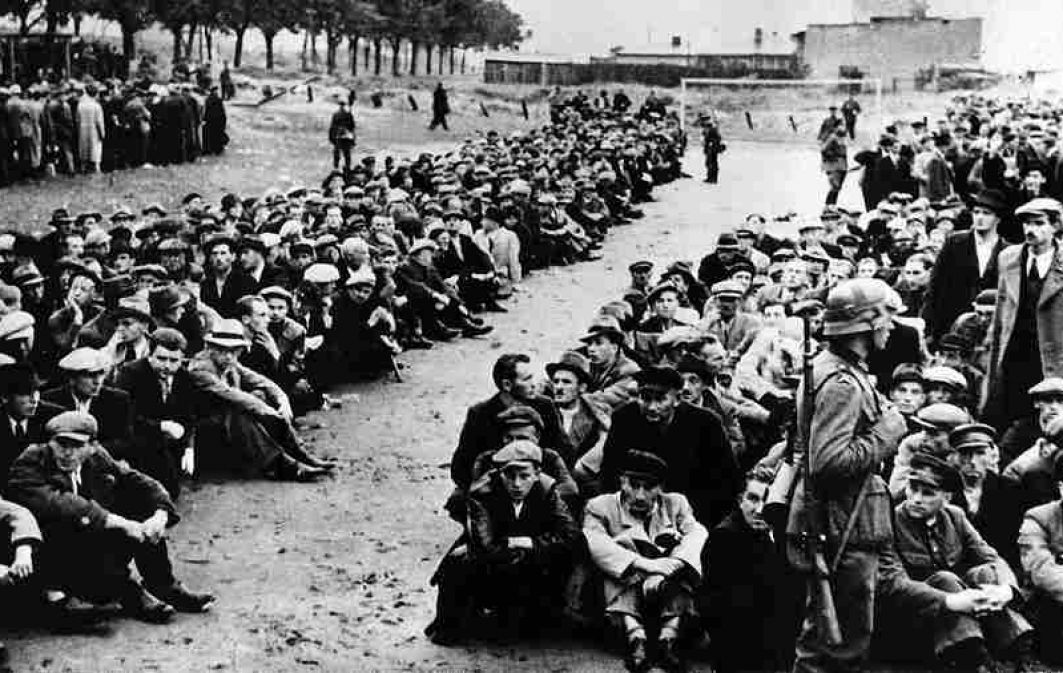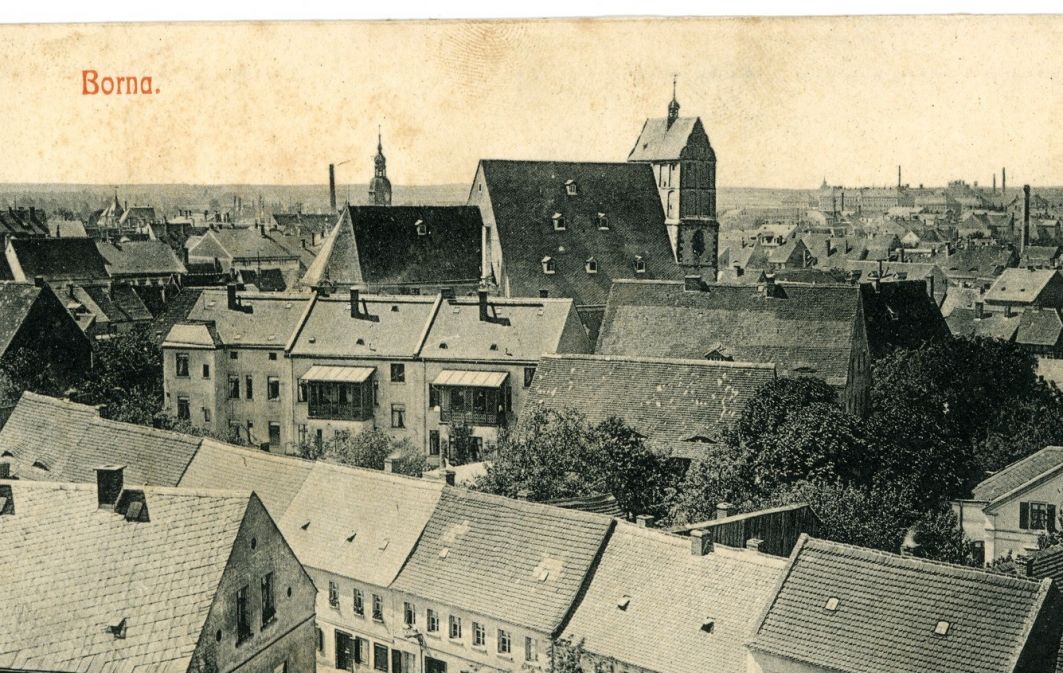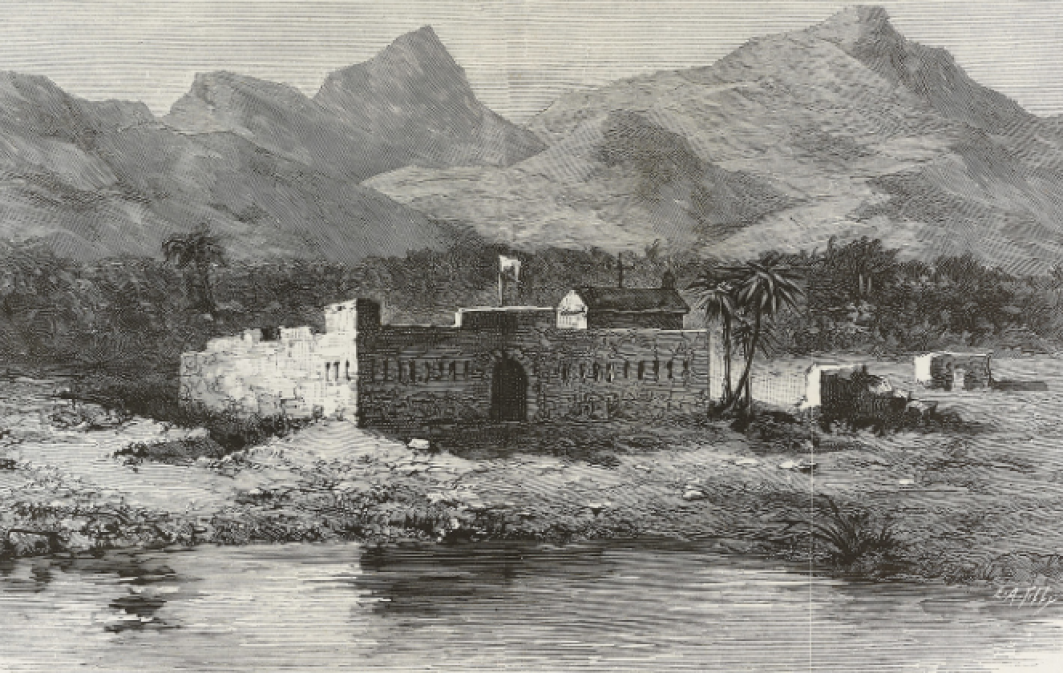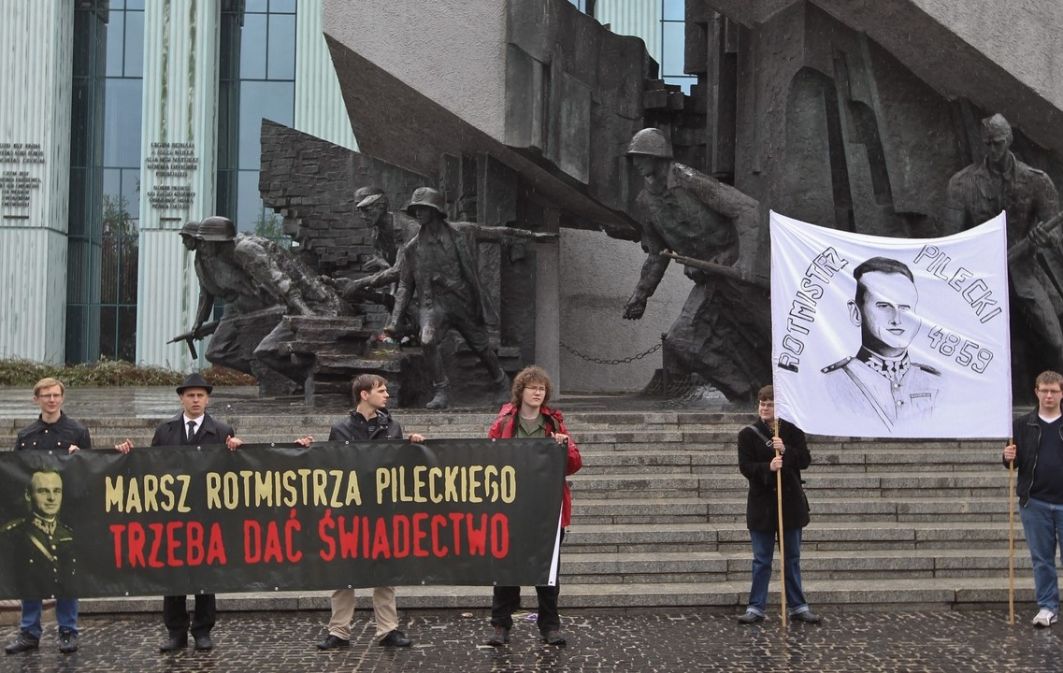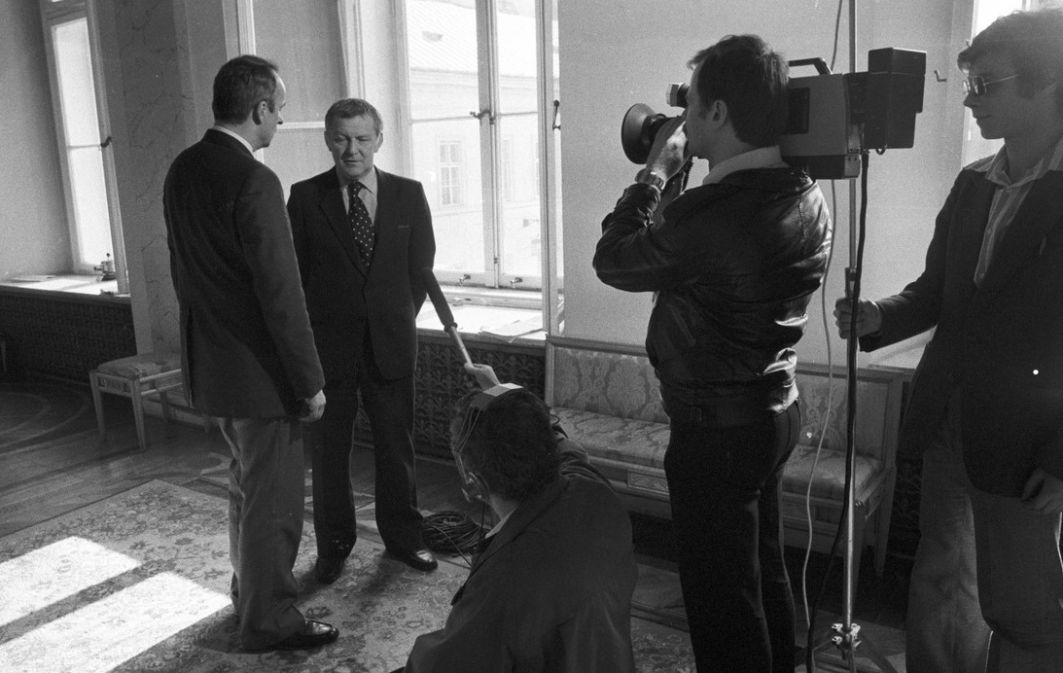The suppression of the Boxer Uprising in China between 1900 and 1901 involved Poles serving in the armies of the partitioning powers: Germans and Russians. A few accounts written down by Poles from the Russian army have survived, while memories of Poles from the German army are missing.
The poor against the missionaries
In 1898, Berlin was anxious to hear from China about the formation of the Union of Righteous and Compliant Fists, which evolved into the paramilitary Justice and Peace Troops (Yiehetwan). Union members practised Tai Chi Chan - Absolute Best Boxing - which evolved into a traditional style of hand-to-hand or white-armed martial arts known as kung-fu. It originated in the Shaolin monastery. Europeans called the union members as The Boxers.
 SIGN UP TO OUR PAGE
SIGN UP TO OUR PAGE

The Boxers, recruited from the rural poor, artisans and porters, rose up to murder foreigners, especially Catholic and Protestant missionaries and Chinese who had converted to the Catholic faith. By the end of the 19th century, there were more than 80,000 of them in China. The Boxers burned and destroyed churches and missions, murdering Christians and their relatives and acquaintances, who often had nothing to do with Christianity.
The Boxer Army consisted of male troops commanded by Chang Te-cz'enga (Zhang Dezheng) and Cuo Fu-tien (Zuo Fudian) and female troops grouped in the Red Lanterns (unmarried girls and women) and the Blue Lanterns (married and widows), led by Huang Lian.
It was not only the Germans who were concerned about this situation, but also the Russians, the British, the French, the Belgians, the Americans and the Japanese. All who were involved in China in the second half of the 19th century in the economic, rail transport and military spheres. The nineteen railway concessions granted to foreigners covered ten and a half thousand kilometres of track crossing the country. Britain had the most, nine concessions, controlling four and a half thousand kilometres of track, Russia had three concessions with two and a half thousand kilometres of railway, the German Empire had two concessions with over one thousand one hundred kilometres of railway.
When the Chinese murdered two German missionaries in the autumn of 1897, Kaiser Wilhelm II's warships under Rear Admiral Otto von Diederichs occupied the port of Qingdao (formerly Latinised as Cingtao or Tsingtao). After a few months, the German authorities forced the Chinese government to lease the port, bay and land reaching 50 km inland and obtained concessions to exploit mines and build railways in Shandong province.
Conscription was ordered in the German Empire, particularly for the navy.
From Grochowiska to China
My great-grandfather Jan Kledzik, born in 1827 in Dziembowo, Greater Poland, had two wives. With the first, Franciszka (née Dzikowska), they had five children, and with the second, Barbara (née Goździewicz), two, Waclaw and Marianna. Waclaw is my grandfather. Born in 1878 in Bąbolin near Ostrów (the German partitioners used the name Bombolin), he spent his youth in Grochowiska near Rogów, in the vicinity of Bydgoszcz (Bromberg). At the age of 21 he was called up for military service in the German Empire. He began his service in the autumn of 1899 in the navy. A photograph of him from that period in a sailor's uniform has survived.
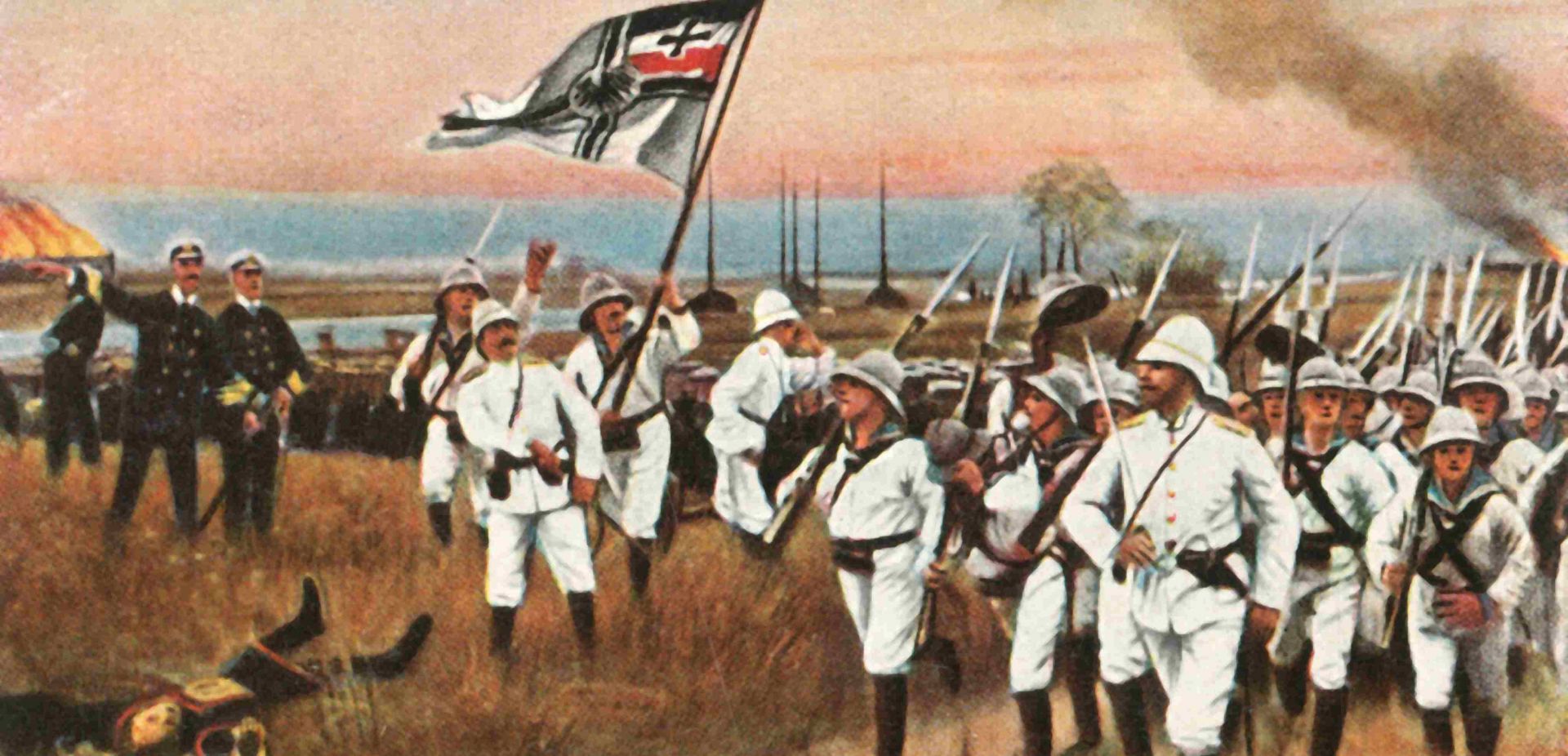
 SIGN UP TO OUR PAGE
SIGN UP TO OUR PAGE
 The Boxers, recruited from the rural poor, artisans and porters, rose up to murder foreigners, especially Catholic and Protestant missionaries and Chinese who had converted to the Catholic faith. By the end of the 19th century, there were more than 80,000 of them in China. The Boxers burned and destroyed churches and missions, murdering Christians and their relatives and acquaintances, who often had nothing to do with Christianity.
The Boxers, recruited from the rural poor, artisans and porters, rose up to murder foreigners, especially Catholic and Protestant missionaries and Chinese who had converted to the Catholic faith. By the end of the 19th century, there were more than 80,000 of them in China. The Boxers burned and destroyed churches and missions, murdering Christians and their relatives and acquaintances, who often had nothing to do with Christianity. 